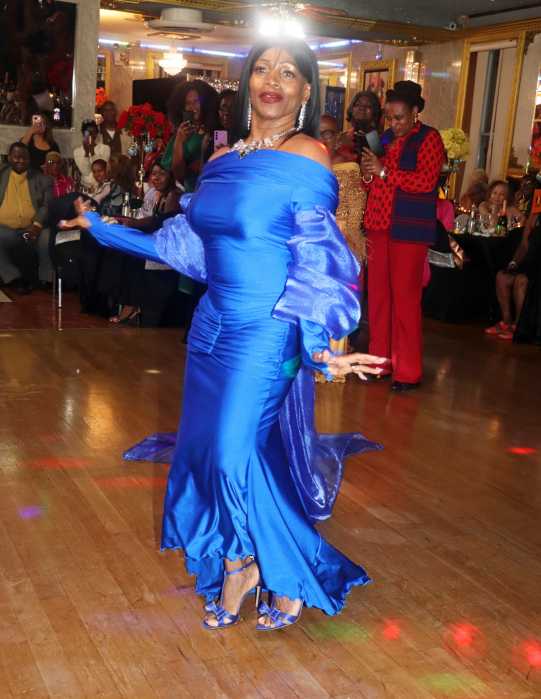As the Caribbean Community (CARICOM) heightens pressure on European countries over reparations for slavery, a leading U.S. congressman says he will re-introduce legislation seeking reparations for African Americans.
“It is the most important piece of legislation I have ever introduced, and I will re-introduce HR40 in the 113th Congress,” John Conyers (D-Mich.) told about 400 attendees at a major “Revitalizing The Reparations Movement” conference at Chicago State University last Saturday. The 113th Congress first met on Jan. 3, 2013.
Conyers, who is also dean of the Congressional Black Caucus (CBC), said the actions of CARICOM nations in demanding reparations from Europe over slavery will revitalize the movement in the U.S.
“I think it is going to be a springboard for reparations,” he said at the event, organized by the New York-based Institute of the Black World 21st Century (IBW) in collaboration with the U.S. Center for Inner City Studies and the Samuel DeWitt Proctor Conference.
CARICOM nations warned that if European nations fail to negotiate with them, they will take legal action in the Hague-headquartered World Court.
To date, Sweden is the only country that has indicated willingness to negotiate reparations.
Conyers first introduced the measure, titled “Commission to Study Reparation Proposals for African Americans Act,” in 1989 during the 101th Congress. The bill was referred to the House Judiciary Committee, where he is the ranking member.
The eight-page legislation, which was co-introduced by U.S. Rep. Bobby Scott (D-VA), said four million Africans and their descendants were enslaved in the United States and colonies that became the United States from 1619 to 1865, according to the North Star News & Analysis.
The bill claimed that the U.S. Government sanctioned slavery from 1789 through 1865, enabling it to flourish.
At the same time, it said the U.S. deprived Africans of life, liberty, citizenship rights, and their cultural heritage. Slavery also denied Africans the fruits of their own labor, the bill claimed.
The Analysis said the Commission to Study Reparation Proposals for African Americans Act would study the “lingering negative effects of slavery and discrimination and recommend appropriate remedies in consideration of the Commission’s findings.”
In addition, it said the Commission would examine defacto discrimination against freed slaves and their descendants from the end of the Civil War to the present, including economic, political, and social discrimination.
Conyers said he wants to hold hearings in Washington about reparations for African Americans, adding: “If the Republican Congress blocks the hearings, I will hold them throughout the country.”
Prof. Sir Hilary Beckles, principal and pro-vice chancellor of The University of the West Indies, Cave Hill Campus, Barbados said the British government paid the slaveholders 40 percent of the empire’s national expenditures, which was 20 million British pounds.
In today’s money, he added, “that is the equivalent of US$200 billion.”



























